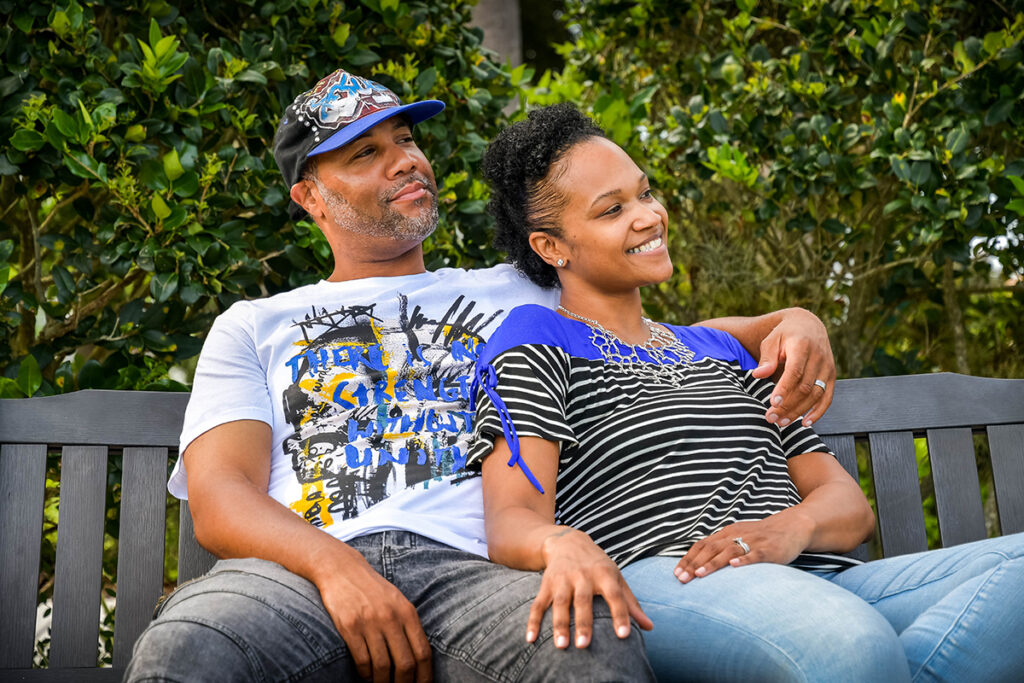Marriage Counseling Insights From Westlake Village-Based Patricia McTague-Loft
If you’re in a long-term relationship, it will come as no surprise to you that psychologists say that it is completely normal for that relationship to change over time. This is probably the definition of a common-sense observation. It’s as self-evident as someone telling you that it’s normal for you to mature and evolve as a person.

The issue gets a bit more complicated when you start to compare your personal maturation to your partner’s. Do you just assume that they are changing the same way and at the same rate as you are? And do they make the same assumption about you?
If you don’t talk about those assumptions and, more important, the reality underlying the assumption, you may be in for some rocky times. Writing for Forbes.com, psychologist Mark Travers says, “Relationships are dynamic entities—as much as we’d like to bottle the initial love and excitement and make those feelings last forever, that’s not the reality of marriage. There are highs and lows, ups and downs, and sideways and backward. The only predictable part of marriage is the change you will both inevitably experience as time goes on.”
Travers points to a clinical tool used by psychologists to begin counseling. It’s the “ENRICH Marital Satisfaction Scale: A brief research and clinical tool” found in the Journal of Family Psychology. The Satisfaction Scale includes 15 statements, and asks people to agree or disagree with each:
- My partner and I understand each other perfectly.
- I am pleased with the personality characteristics and habits of my partner.
- I am happy with how we handle role responsibilities in our marriage.
- My partner understands and sympathizes with my every mood.
- I am happy about our communication and feel my partner understands me.
- Our relationship is a success.
- I am happy about how we make decisions and resolve conflicts.
- I am happy about our financial position and how we make financial decisions.
- My needs are being met in my relationship.
- I am happy with how we manage our leisure activities and the time we spend together.
- I am pleased with how we express affection and relate sexually.
- I am satisfied with the way we each handle our responsibilities as parents.
- I have never regretted my relationship with my partner, not even for a moment.
- I am satisfied with our relationship with my parents, in-laws, and friends.
- I feel good about how we each practice our religious beliefs and values.
The answers you and your partner each give provide a starting point for counseling.
Travers then goes on to point out that the differences that this questionnaire might reveal are a natural consequence of the evolution of the relationship. He says that researchers have identified the fairly predictable pattern in which relationships evolve.
These stages are:
The loving relationship. At this point the things that attracted you to each other have a power of their own. You support each almost unconditionally and life is good.
The honeymoon is over. Without stating the belief, both partners often have high expectations that cannot be met over the long run. That’s when one or both may start subtly and perhaps unconsciously manipulating the relationship in order to rekindle the initial romance.
Getting even. Travers’ description may sound a bit harsh, but anyone who has been in a long-term relationship probably recognizes the germ of truth in this characterization. “Getting even” probably involves a bit of a power struggle over control — control of the sexual relationship, finances, household chores… the list is nearly endless.
Hanging in. Perhaps without ever saying it out loud, partners realize it’s time to adapt to the reality of their relationship… or leave. So the description “hanging in” is apt.
Doing your own thing. At this stage reality has truly set in. The realization that’s your happiness largely depends on your own actions leads many people to finding fulfillment in activities they pursue not as a couple but alone.
Growing up. A healthy evolution of “doing your own thing” is the recognition that you can look at your partner in a new and wonderful way — and relate to them in a more loving fashion than ever before.
So, even though it’s simple to recognize that people as well as relationships change, it’s also obvious that dealing with that change is more complex. If you need some guidance with that complexity, give me a call. Every relationship has room to improve.